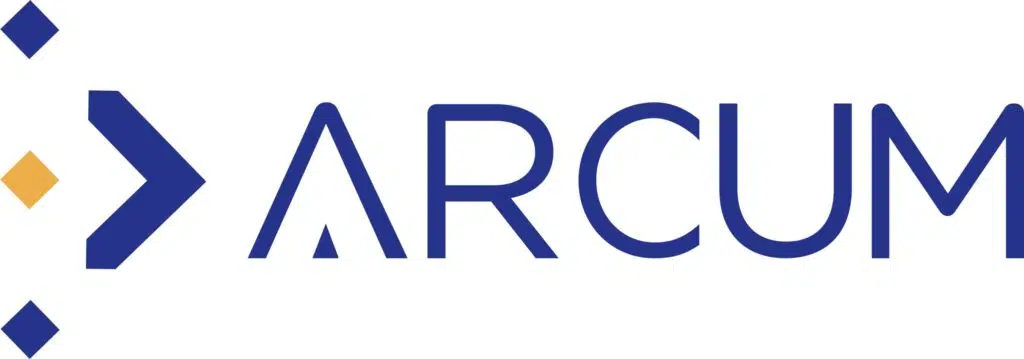Having made a sale, independent sales organizations and merchant acquirers are loath to lose merchants to a competitor but they must contend with this turnover, called attrition, every day. POPcodes Inc., a smart point-of-sale terminal service provider, and Arcum Partners, an artificial intelligence firm, say they are working on reducing attrition.
Arcum’s AI tech will predict when a merchant is at risk of switching its payment provider. POPcodes will then use that indicator to directly communicate with merchants via messages displayed on their smart terminals. The hope is this will reduce churn.
Calgary, Alberta-based POPcodes and Atlanta-based Arcum say they are finalizing agreements with several processors and expect to launch a series of pilots in the fourth quarter.

“POPcodes’ ability to establish new and highly engaging owned digital media channels aligns very well with Acrum’s ability to identify which merchants would benefit from getting special, attrition-reducing attention,” Gregg Aamoth, POPcodes chief executive, says in a statement.
Attrition is a constant headache for merchant processors. Of the merchants surveyed in the J.D. Power 2020-2022 U.S. Merchant Services Satisfaction Study, 34% cited the desire for better POS and payment processing equipment and software for why they switched, up from 31% in 2021 and from 28% in 2020.
“Any uptick in attrition should signal action,” says Ralph Dangelmaier, chief executive of Waltham, Mass.-based BlueSnap Inc., a payments and commerce platform. Dangelmaier commented on the matter for an article on attrition in the upcoming October issue of Digital Transactions. “There is vast competition in the current payments landscape, ranging from traditional acquirers to fintech disruptors, so this represents how merchant attrition can evolve quickly.”
Appropriate messaging from acquirers may help merchants think again about switching. “You have to constantly monitor your merchant base,” Vijay Sondhi, chief executive of Schaumburg, Ill.-based NMI, tells Digital Transactions News. He says during the earlier days of the pandemic lockdown, when restaurants in particular were struggling, NMI studied what was happening and rapidly saw restaurant operators needed more payment options, like QR codes, as well as the ability to accept a payment upfront or add a card reader they may not have had. “You’ve really got to have early warning systems,” he says.




